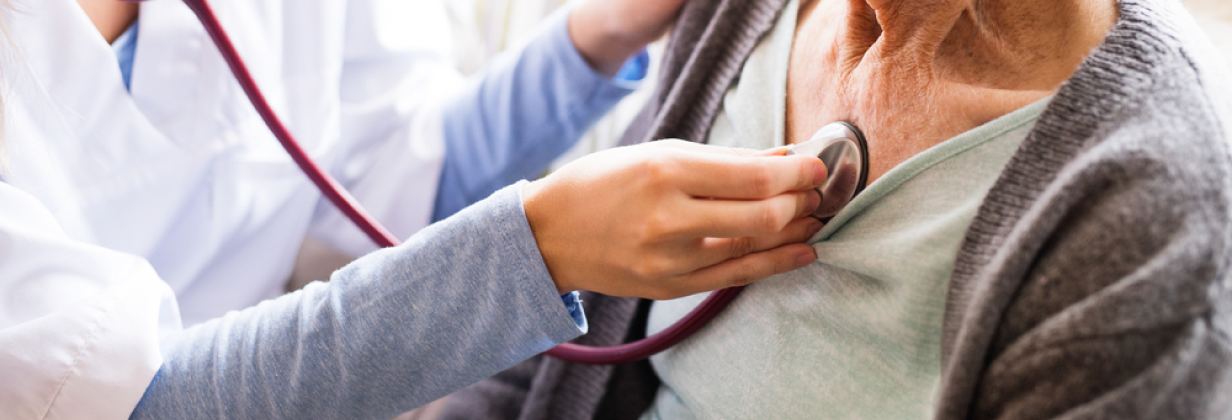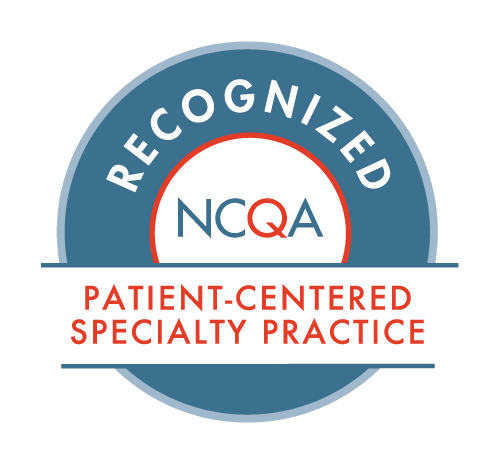February is American Heart Month — a health holiday devoted to increasing awareness of heart disease. According to the American Heart Association (AHA), an American has a heart attack every 39 seconds, and heart disease is the leading cause of death in the U.S. for both men and women. It can be scary to consider […]
The heart is often referred to as a plumbing system. It is a muscle that acts like a pump, pushing blood through your arteries and veins (think piping). This function is controlled by an electrical system which synchronizes signals and tells your heart to contract. These two systems work together to keep you alive, and […]
Knowing if you have extra calcium in your arteries is an important part of your cardiovascular health. Not only can it identify risks to your heart health, but it can also help you and your doctor effectively plan the appropriate treatments. A coronary artery calcium (CAC) test can help determine whether you are at risk […]
Hunterdon Cardiovascular Associates (HCA) is excited to announce that, according to the 2021 Hospital Rankings that US News released on Wednesday, July 28th, Hunterdon Medical Center (HMC) has received a “high performance” rating in two adult specialties and five procedures/conditions, one of which was heart failure. Hunterdon Cardiovascular Associates, a long-standing partner of HMC, designed […]
Hunterdon Cardiovascular Associates is excited to announce that we are resuming our Walk with a Doc events! We are proud to have been part of this international initiative for three years, inviting patients to add exercise to their healthy heart regimen while having the opportunity to have their questions answered by our physicians. HCA physicians […]
Hunterdon Cardiovascular Associates is proud to announce that Dr. Yaser Elnahar was named Hunterdon Happening’s Best Cardiologist of 2021, an award chosen by the community to honor the amazing people, organizations, events, and businesses that make Hunterdon County special. This was Dr. Elnahar’s third win in the past four years. Dr. Elnahar has been providing […]
What is a Heart Clinic? A heart clinic specializes in the diagnosis and treatment of cardiovascular (heart and blood vessels) disease. The physicians, physician assistants and nurse practitioners who have received specialized training, treat cardiovascular disease and disorders with a variety of therapies, including: Lifestyle modifications Medications Cardiac rehabilitation Various invasive procedures (minimally, moderately, or […]
The cardiovascular system is made up of your heart and circulatory system. The heart is a pump for blood, and the circulatory system is a network of pathways for the blood to travel throughout the body and back to the heart. How Does the Heart Work? Your heart is a vital muscular organ that continuously […]
In our Hunterdon Electrophysiology Clinic, we’re all about keeping you in rhythm. Well, at least your heart. As for having those colloquial two left feet, that we cannot help. Instead we test for and treat atrial fibrillation. There are different types of atrial fibrillation, also known as AFib. These types may be valvular or non-valvular in […]
Dear Patient, The end of the present COVID-19 pandemic is not clear, but it will end. We may refer to life as pre- and post-COVID for some time to come. Those periods will look and feel quite different. As a Hunterdon Cardiovascular patient, your safety and health are our top priorities. We are doing everything […]









